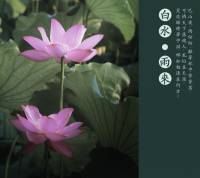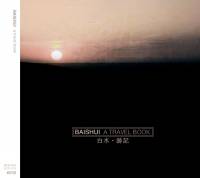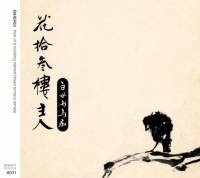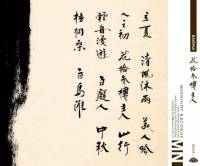Born in a small Sichuanese city, Baishui is a composer and self-taught guitarist, pianist and master of many traditional Chinese instruments, whose compositions and performance have ranged across his career from neo-folk and dark-ambient-influenced music to experimental and post-rock sounds—and beyond. With neo-folk project Bloody Woods, experiment-in-randomness One Day In A Quark and under his own name, Baishui has been crafting intelligent and creative music unlike anything being made in his homeland. Recently, Baishui seeks out, and has be sought out by, collaborators from across the musical spectrum and world. A small American tour resulted when scouts from the venerable SXSW festival invited him in 2013; plans are in the works for continued American efforts, and further collaborations with artists from across the musical spectrum and world.
Though first rooted in Western rock and folk, Baishui was soon drawn to his own cultural traditions, which he employed in the creation of a distinctly Chinese neo-folk music. Time (2007), which was nominated for several music awards, is a mild, elegant and melancholic work imbued with a nostalgic look back at his hometown and a combination of traditional southwestern Chinese musical elements and his own unique singing style. The mainly-instrumental Winter (2008) features a dark and altered folk distinctly rooted in Chinese traditional music. Rain Comes (2009) employs Sichuanese dialect in an effort to further delve into his roots, creating a new folk bursting out from under several millennia of musical traditions.
In 2011, Baishui released two very different records demonstrating the width and breadth of his interests and talents. Host of a Building Named Flower Terrace Temple set to music a collection of poems written by Baishui and his father, creating a timeless stripped-down acoustic music with a serenity rooted in Baishui’s own relationship with Zen Buddhism. A Travel Book, the yang to ...Temple’s yin, features instrumental atmospheric soundscapes overflowing with avant-garde, experimental, world music and post-rock textures, complex arrangements and a range of instruments. While the two albums may seem to be the product of very different artists, they reflect Baishui’s multi-faceted approach to the musical expression of his personal journey.
Latest Works (2011) and Some Other Place (2012) feature sweeping cinematic soundscapes and a sound that may not fit the ‘folk’ profile, but is obviously informed by it—along with a wide palette of musical influences, from prog-rock to noise, world music to psychedelic rock. City of Lost (2012) is built on a progressive-rock texture and with Eastern musical themes spanning beyond his native China into India and the Middle East. While ‘post-rock’ is certainly one signpost on the road to an understanding of Baishui’s music, it is a music of a very different kind from that which is seen across China’s musical landscape.
Baishui’s tenth album, Diary of Broken Sounds followed his work with the director Cao Baoping, for whom he crafted three film soundtracks, one of which, Einstein and Einstein, he released as an album. While Einstein’s overall feel is heavy, Diary goes with a lighter sound; full of electronics it still feels distinctly unplugged, in stark contrast to recent post-rock and experimental forrays. Diary, in short, takes a minimalist approach to the artist’s very maximalist goal: the pursuit of a new music—“Baishui Music”—with an Eastern core.
Throughout Baishui’s work, a near-religious serenity and atmosphere transports one to a faraway place; foreign yet familiar; where Baishui, and his listeners, seem to be the only residents.
sourceFull discography:
http://www.baishuimusic.com/discography.html








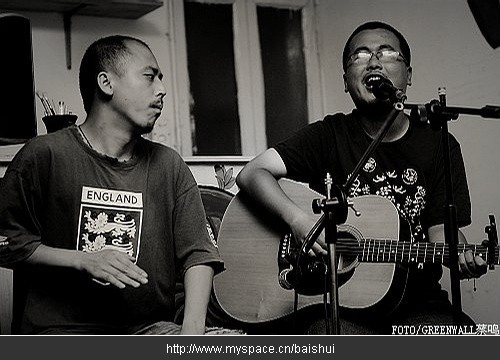
 China
China




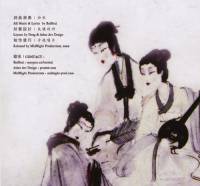
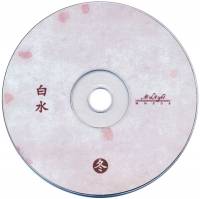


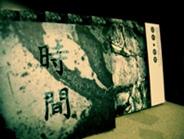 Baishui – Time (2008)
Baishui – Time (2008)